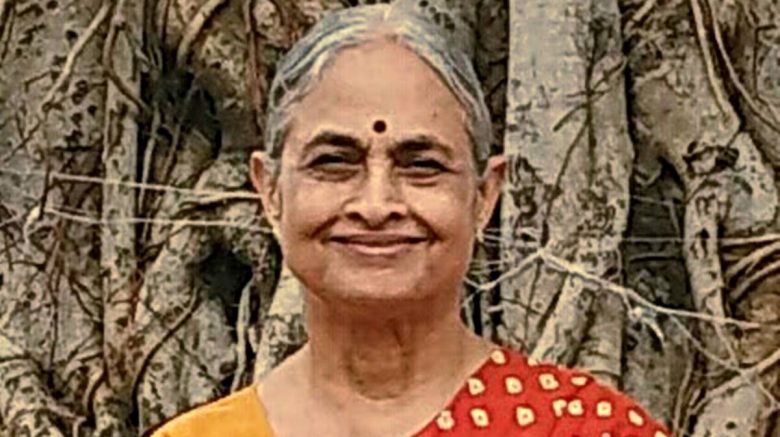Rani’s initiative to provide comprehensive sexual health education for the youth in the state of Maharashtra is a model for India and the rest of the world.
Sixty-nine-year old Dr Rani Bang has conducted scores of sex education sessions for adolescents and teenagers across Maharashtra. The pandemic has made her go online with these sessions, which social activist admits has been a new learning experience for her.
“I am now preparing for a three-day virtual session on sex education for Pune university students from February 15,” Bang, who was featured as a ‘leader of women’s reproductive health’ in the February issue of the Lancet infectious diseases journal, said.
“Rani’s initiative to provide comprehensive sexual health education for the youth in the state of Maharashtra is a model for India and the rest of the world,” the Lancet said.
Pioneers of health care in rural India, both Dr Abhay Bang and Dr Rani Bang have been working in the field of community health in the Gadchiroli district of Maharashtra. They founded the Society for Education, Action and Research in Community Health (SEARCH) and have been the driving force for the movement of liquor ban in Gadchiroli district.
Rani Bang has worked extensively on women’s medical issues and is passionate about adolescent sexual health education.
“I have been travelling all these years talking to adolescents and teenagers at various sex education camps called ‘Tarunyabhaan’. Taking online sessions now is a totally new experience,” she told The Indian Express.
Based on the demand from educationists and NGOs, Dr Bang has compiled the information imparted at the sex education sessions in a new book. She strongly feels that a three-day virtual session with students from 18-26 years is too short a time to focus on topics like the difference between love and infatuation, irresponsible sexual behaviour and problems arising from it, addictions to drugs, alcohol and now technology addiction.
When asked what the most common question among students was during the sex education sessions, Bang said that girls were curious about menstruation-related issues while boys asked questions on masturbation and night emission.
“They are obsessed with love and interested in emergency contraception abortion pills and condoms. Let’s face it, premarital sex is very common but there is a culture of silence around it. Premarital pregnancies are very common and because of lack of knowledge, unmarried mothers is a big problem,” Bang said.
An area of concern was the easy availability of abortion pills. “Boys give it to the girls or the latter take it on their own without consulting the doctor. Emergency contraception, that has been heavily advertised, has not only increased in married women but also in unmarried girls and this has its own side effects,” Bang said.
Addiction to drugs, alcohol and smoking among girls has also been on the rise, she said, adding that drinking alcohol has become a status symbol which can be a dangerous trend.
“While sex education is not limited to awareness about male and female genital organs what is also important to understand is the difference between sex and one’s sexuality. This is a sensitive issue and with the legitimisation of one’s sexuality it is also important to address the effect on mental and physical health. For instance, if homosexual marriages are legalised what will be the effect on domestic violence, adoption. All these are new challenges that need to be addressed in relation to sexuality,” she said.

